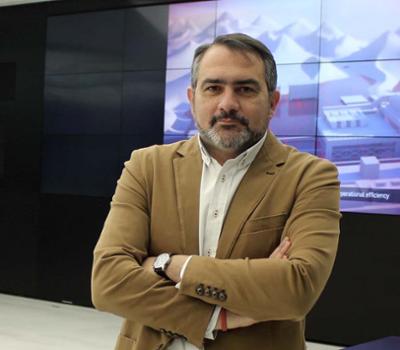

Intentional threats force us to change traditional management models

The mission of corporate security management is to protect people, facilities, information and the reputation of companies from intentional attack, states Alberto Tovar Ropero, Vice President of the CEUSS. This intentionality implies a departure from traditional management model when it comes to making risk assessments and managing crisis situations.
“It's not easy to predict the risks we’ll face in the medium to long term, but we must be capable of anticipating them and implementing processes to identify and assess these threats before they materialise”, says Alberto Tovar Ropero, Vice President of the Business Confederation of Security and Services Users (CEUSS) and Corporate Security Director at Grupo Cepsa.
The mission of corporate security management is to protect people, facilities, information and the reputation of companies from intentional attack, explains Tovar. “This intentionality means that when it comes to assessing risks and managing crisis situations we must depart from the traditional management models where the processes are explained with mathematical formulae (risk assessments) or simulations (emergency situations) and remain conscious that the reality is marked by disruptive elements that third parties have decided to introduce into our processes; that’s the uncontrollable variable that is intentionality”.
Public-private collaboration
The integrated security sector has a great contribution to make to new challenges. In this regard, the Vice President of the CEUSS points to the fact that Private Security Law “clearly defines the model for collaboration with the State Security Forces, our natural interlocutor, and we hope that the new Private Security Regulation, in which the CEUSS hopes to be centrally involved as the representative body for security service users, continues to help improve this definition”.




